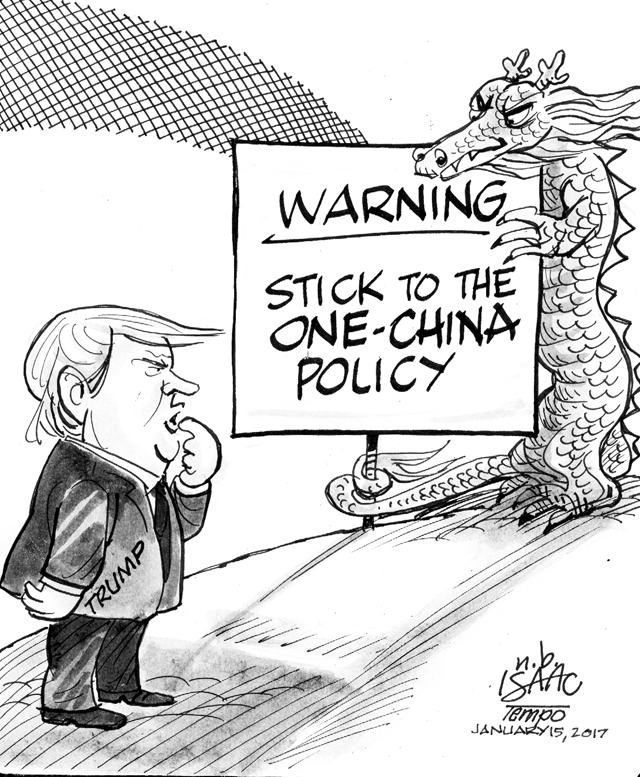THE Philippines, as chairman for 2017 of the Association of Southeast Asian Nations (ASEAN), will launch ASEAN 2017 at the Davao SMX Convention Center today with the theme “We Are Partners for Change, Engaging the World.”
This is a special year for ASEAN. It was on August 8, 1967 – 50 years ago – that ASEAN was formed by Indonesia, Malaysia, the Philippines, Singapore, and Thailand. It expanded to include Brunei, Cambodia, Laos, Myanmar, and Vietnam – to form today’s ten-nation ASEAN, with about 625 million people and a combined Gross Domestic Product (GDP) estimated at $2.8 trillion in 2015.
The ten ASEAN nations are held together by what has come to be known as the ASEAN Way – which respects the cultural norms of the region. It makes use of compromise and consensus in making decisions. Through quiet diplomacy, member nations avoid public discussion of conflicts, lest it lead to further conflict.
In the coming months, a series of meetings and other activities will be held in the Philippines as part of its chairmanship this year, topped by the 50th anniversary celebration in August and the 31st ASEAN Summit in November. There are conjectures about how the ASEAN will be dealing with developing issues in the region, especially the conflicting claims in the South China Sea.
Secretary of Foreign Affairs Perfecto Yasay Jr. said this early that the Philippines will not raise the SCS issue, although the Philippines won a ruling by the Permanent Court of Arbitration in The Hague last July rejecting China’s claims to most of the SCS. It was a legal victory for the Philippines but it will not be brought up when the ASEAN leaders meet here in August, Yasay said.
Instead the Philippines will call for the nations concerned, including China, to conclude by mid-2017 a framework for a Code of Conduct in the SCS. This will help de-escalate tension in the area, particularly in the artificial islands built by China.
If here is any danger of conflict in the SCS, it could come from the incoming United States administration of President-elect Donald Trump, whose nominee for secretary of state said at a Senate confirmation hearing that he favors restricting Beijing’s access to the contested artificial islands. We hope that a less confrontational approach will be adopted by the new US administration.
The ASEAN itself will keep to its policy of diplomacy and consensus – the ASEAN Way. We may have won a legal battle in The Hague in 2015 but it has not solved the problem of conflicting claims. We will have to navigate our way around the conflict area for sometime, including this year of the Philippine chairmanship, guided by the ASEAN Way of consensus and diplomacy.


